
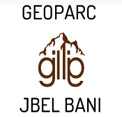
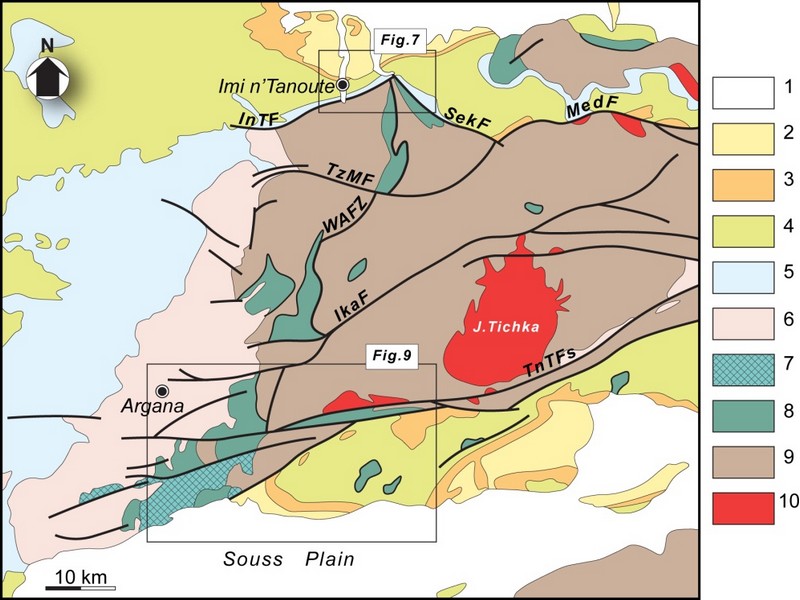
STRUCTURAL EVOLUTION OF THE ANTI-ATLAS DOMAIN :AN OVERVIEW pour Yves Missenard
The Anti-Atlas represents the most important segments of the major Pan-African (≈0.5Ga) belt system of North Africa. This orogen exposed in a series of sporadic SW–NEtrending outcrops over 700km across southern Morocco, and reach ≈150km wide in the central part, west of Ouarzazate (Figure G1 & G2).Scattered outcrops of related rocks are described in NW Algeria which indicate that the belt continues from SE Morocco southeastwards with a NW–SEtrend.
The Anti-Atlas orogen comprises two main sequences of rocks: a metamorphic basement of Palaeoproterozoic (2Ga) age and the Neoproterozoic rocks. The Palaeoproterozoic rocks form the northern margin of the West African Craton mainly outcropping in the Reguibate Shield in Mauritania And Algeria. The Palaeoproterozoic basement is exposed in a series of uplifted inliers (‘‘boutonnieres’’) surrounded by the Neoproterozoic rocks that were locally deformed with the basement during the Pan African Orogeny. with the during the Pan African Orogeny.
Paleoproterozoic rocks and Eburnian orogeny
The oldest rocks of Morocco, Archean in age3 Ga(Montero et al, 2014) crop out in the southernmost Reguibat E shield which formsthe northern part the West African Craton (WAC).Further north, in the Anti-Atlas chain, the basement units are Paleoproterozoic (Taznakht Group, former” PI”)cropping only in the south of the Anti-Atlas Major Fault (AAMF). They are metamorphic rocks (greenschist to amphibolite facies) intruded by peraluminous and calc-alkaline granitoids dated around 2Ga(Thomas et al, 2002).The corresponding tectono-magmatic and metamorphic events are assigned to the Eburnian/Birimian orogeny.
Neoproterozoic rocks and Pan-African orogeny
As everywhere in the WAC, Mesoproterozoic rocks are lacking in the Anti-Atlas. Neoproterozoic Formations overlie directly the Paleoproterozoic basement. The Neoproterozoic/Paleoproterozoic boundary is generallya tectonic contact (thrust, strike-slip or detachment faults), and seldom a stratigraphic contact (Tizi n’Taghatine). Globally, the Neoproterozoic formations record three main stages of the Pan-African cycle (figureG4):
I .The early Neoproterozoic platform development is marked by the accumulation of thousands of meters of quartzites and stromatolitic limestones (Taghdoute Group, former “PII”), intruded by doleritic dykes and gabbroic intrusions. These rocks are associated with the rifting of the WAC margin, broadly contemporaneous with the oceanic accretion further north (760 Ma), witnessed along the AAMF by the Bou Azzer-El Graara and Siroua ophiolitic sequences (Bou Azzer Group).
II .Oceanic closure and subsequent Pan-African collision are associated with oceanic subduction along the northern margin of the WAC, ending with the accretion of oceanic arc formations (figureG4).The reported “blueschist facies” mineral associations in the Bou Azzer inlier are controversial. The polarity of the subduction remains also matter of debates; the same is true for the real location of the northern edge of the WAC. The oblique Pan-African collision(655 Ma to 640 Ma) generated south-verging thrust sheets onto the cratonic margin. South of the AAMF, the main Pan-African phase is recorded by low grade recrystallizations, synmetamorphic folds and various ductile and brittle structures in the Taghdout Group series.
III The Late to Post Pan-African extensional event is recorded by the extensive volcanic and volcano clastic series of the Ouarzazate Group (former “PIII”, 580 Ma to 560Ma), interbedded with subaerial to lacustrine deposits, which unconformably overlie the Eburnian and/or Pan-African basement units. The Ouarzazate Group shows abrupt variations of thickness and facies controlled by extensional tectonic activity. Various high-K calc-alkaline to alkaline plutons emplaced within the Ouarzazate Group, coeval with the volcanic rocks of comparable chemistry.
FigureG4: Generalized lithostratigraphic column for the Anti-Atlas Pan-African orogen. “PI” = “XI”, etc. are the classical stratigraphic symbols used on Anti-Atlas geological maps. HKCA: High-K calc-alkaline (granitoids) after Thomas et al. (2004), Gasquet et al. (2005) and Liégeois et al.2006 in Youbi et al., 2013
Source web par sociedadgeologica.es
Les articles en relation
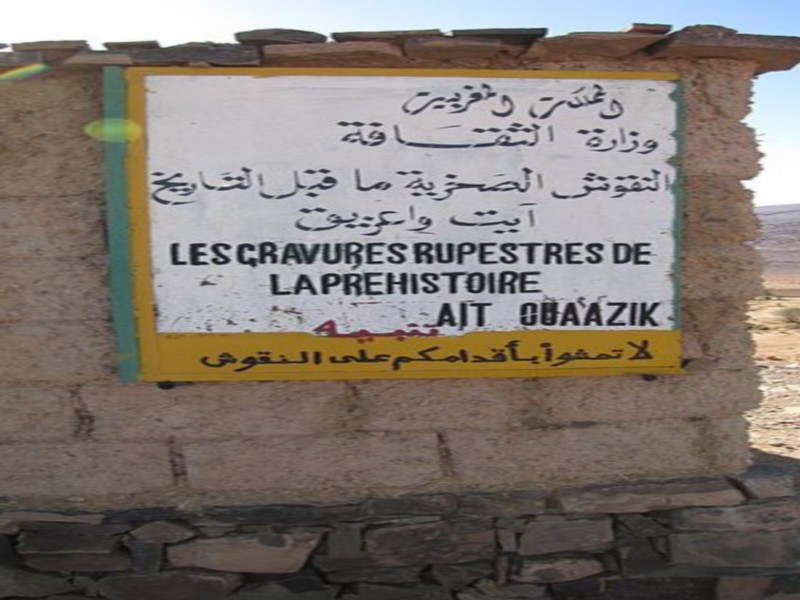
Gravures rupestres de la préhistoire d'Aït Ouaazik au Maroc
Gravures rupestres de la préhistoire d'Aït Ouaazik au Maroc Les Gravures rupestres de la préhistoire d'Aït Ouaazik au Maroc sont des gravures préhistoriques d'âge néolithique ap
Savoir plus...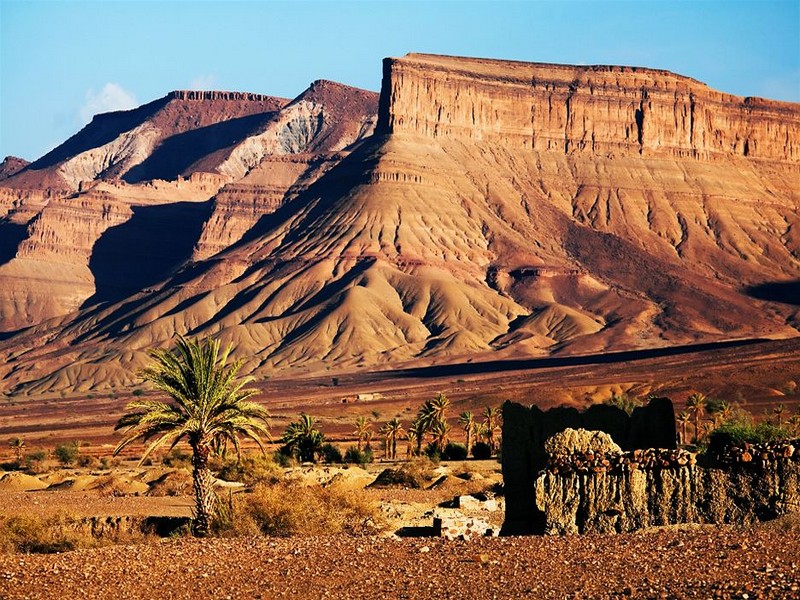
Rififi autour du géopark de Jbel Bani
Rififi autour du géopark de Jbel Bani Alors que le Conseil provincial de Tata a procédé à la création de la Fondation provinciale du Bani Geopark, lors de sa dernière session, l’associa
Savoir plus...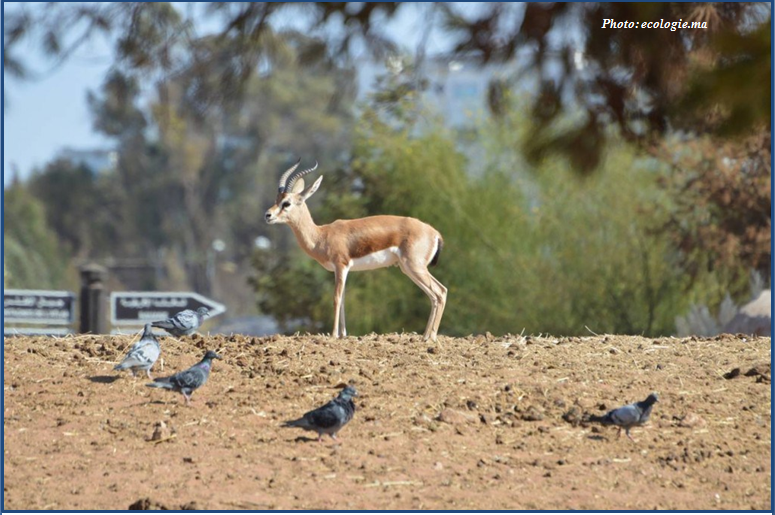
Errachidia: Introduction de 100 gazelles dorcas
Errachidia: Introduction de 100 gazelles dorcas (Source : ecologie.ma) Ce 10 Janvier, Le Haut Commissariat aux Eaux et Forêts et à la Lutte Contre la Désertification (HCEDLCD) a r&
Savoir plus...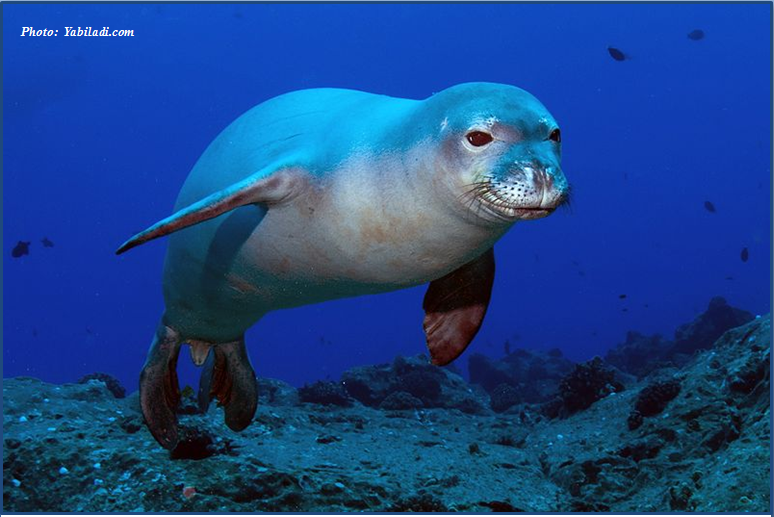
Le phoque moine
Le phoque moine Le nom latin du phoque moine de Méditerranée est Monachus monachus. On l’appelle phoque moine car avec sa couleur brune et son cou qui fait des replis, on dirait qu’il porte une capuche comme cel
Savoir plus...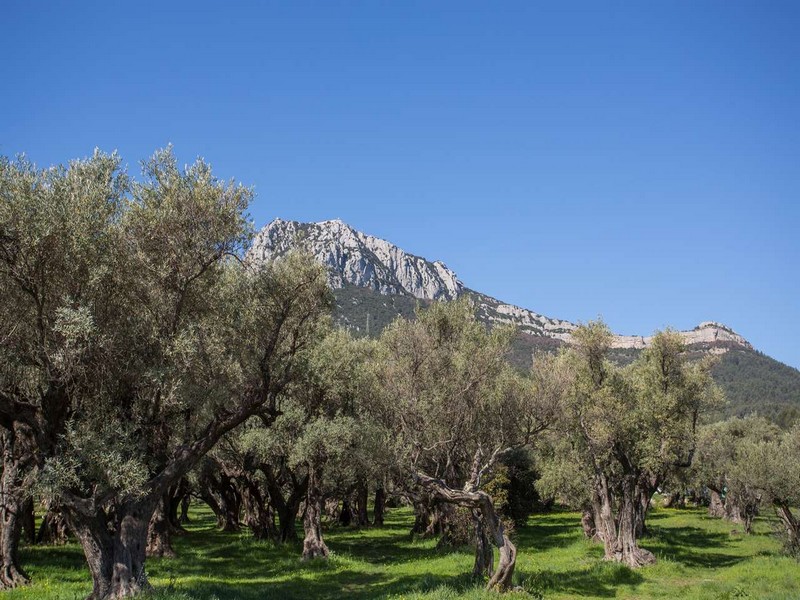
Climat méditerranéen
Climat méditerranéen Un climat se définit grâce à différentes données météorologiques. Les températures et les précipitations sont déterminantes en la
Savoir plus...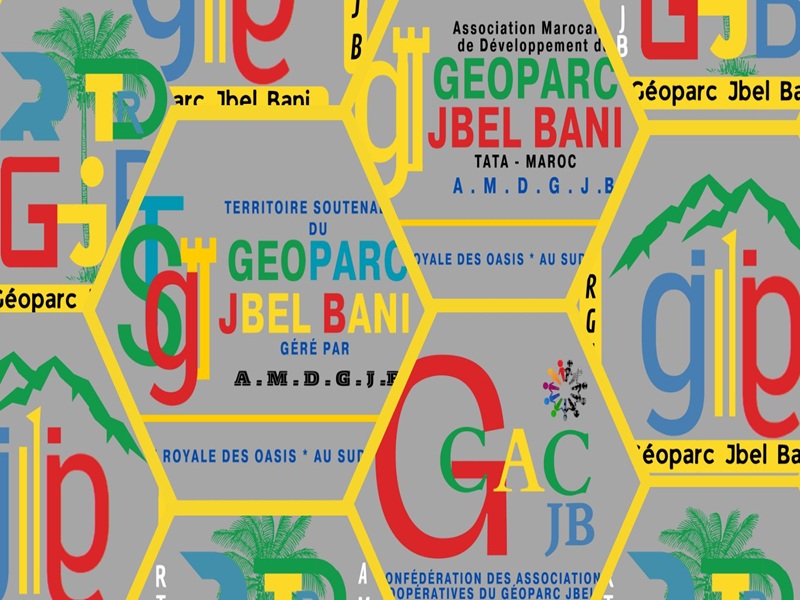
CHARTE D'ETHIQUE Géoparc du Jbel Bani
CHARTE D'ETHIQUE Géoparc du Jbel Bani EDITORIAL Le Geoparc est cree a une periode ou le Maroc est en pleine mutation administrative avec la mise en place de la Régionalisation avancee, dans la continuit
Savoir plus...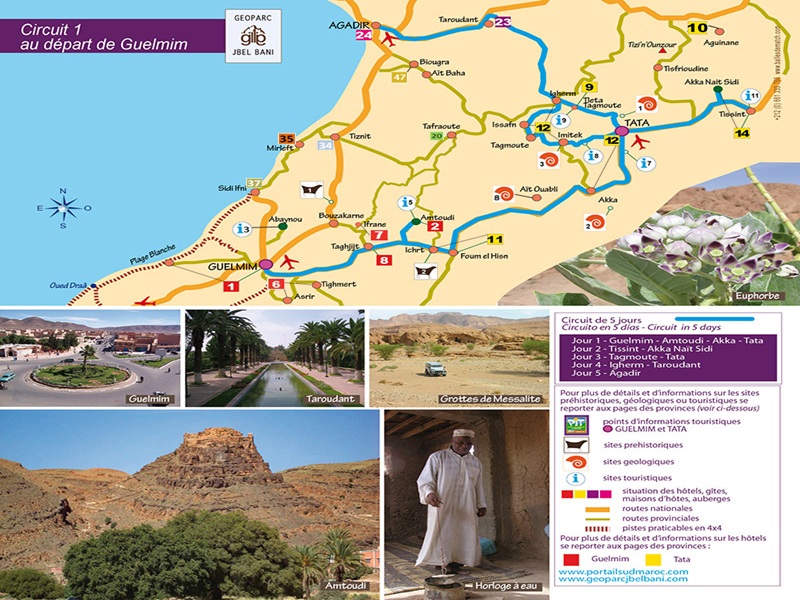
Circuit 5 jours de Guelmim vers Agadir-géoparc jbel bani
Circuit 5 jours de Guelmim vers Agadir-géoparc jbel bani Circuit de 5 jours Circuito en 5 dias - Circuit in 5 days Jour 1 - Guelmim - Amtoudi - Akka - Tata Jour 2 - Tissint - Akka Naït Sidi Jour 3 - Tagmoute -
Savoir plus...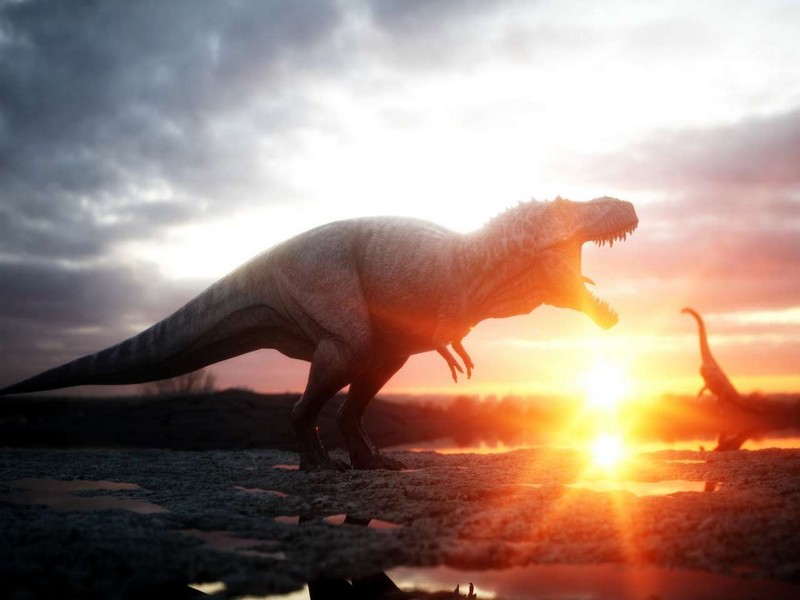
Disparition des dinosaures : quand les mammifères sortent au grand jour
Disparition des dinosaures : quand les mammifères sortent au grand jour Nos lointains ancêtres mammifères appréciaient la vie nocturne. Puis, certains d'entre eux au moins se sont aventurés dans
Savoir plus...
Giec : que nous apprend le dernier rapport sur le réchauffement climatique ?
Giec : que nous apprend le dernier rapport sur le réchauffement climatique ? Si le réchauffement climatique venait à dépasser les +1,5 °C, les conséquences seraient sévères. Tant p
Savoir plus...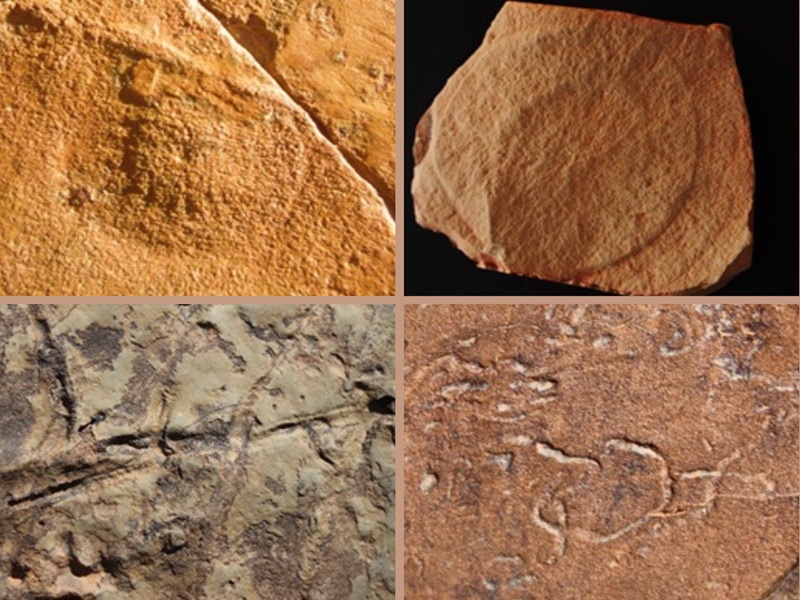
Une fenêtre unique sur la vie ancienne au Maroc, montrant la coexistence d'invertébrés datant d'environ 539 millions d'années avec la faune d’Édiacara
La transition entre les ères géologiques de l’Édiacarien et du Cambrien, il y a environ 539 millions d’années, marque l’un des tournants les plus décisifs de l’histoire de la vie su
Savoir plus...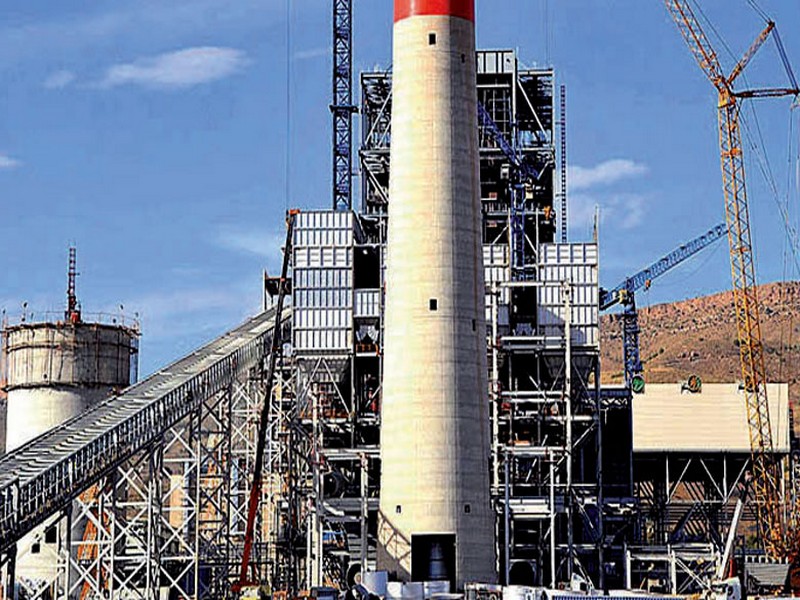
La Centrale thermique de Jerada mise en fonction fin décembre
La Centrale thermique de Jerada mise en fonction fin décembre La quatrième tranche de la Centrale thermique de Jerada d’une puissance installée de 350 mégawatts (MW) et répondant aux standards
Savoir plus...Les tags en relation
En savoir plus sur " Géologie et TSGJB - AMDGJB ! "
Consulter les vidéos de " Géologie et TSGJB - AMDGJB ! " Consulter les photos de " Géologie et TSGJB - AMDGJB ! " Consulter les publications de " Géologie et TSGJB - AMDGJB ! " Consulter les éditions de " Géologie et TSGJB - AMDGJB ! " Consulter les communications de " Géologie et TSGJB - AMDGJB ! "Recherche du site
Recherche avancée / SpécifiqueVulgarisation à la géologie
Qu'est ce que les sciences de la terre: vulgarisation Qu'est ce que la géologie ? Géologie et TSGJB - AMDGJB !
Géoparc et Recherche Scientifique
Le coins de l’étudiant
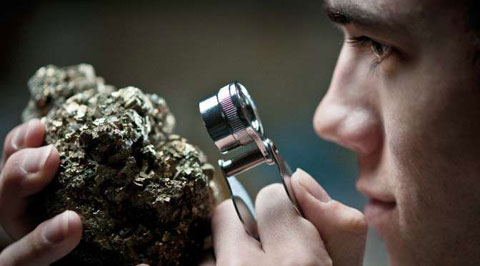

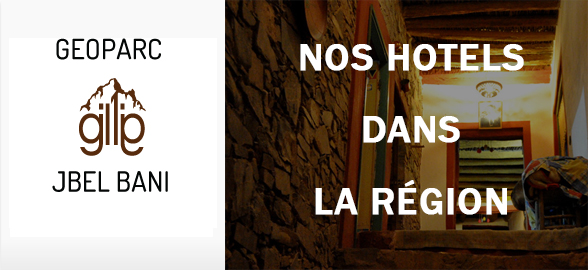
Blog Géoparc Jbel Bani
Dictionnaire scientifique
Plus de 123.000 mots scientifiques
Les publications
Géo parc Jbel Bani
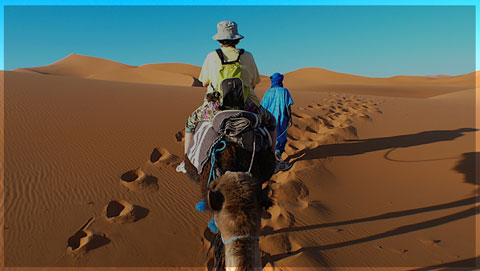
Circuits & excursions touristiques
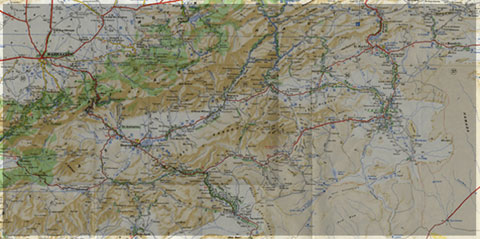
cartothéques
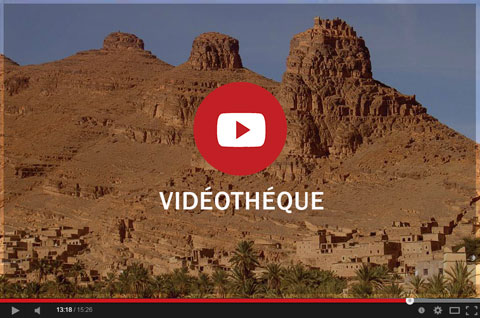
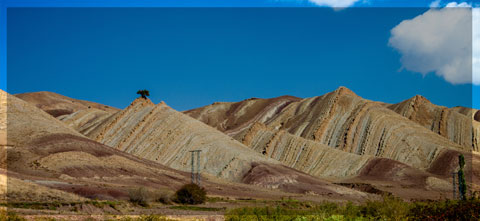
Photothéques
Publications & éditions



